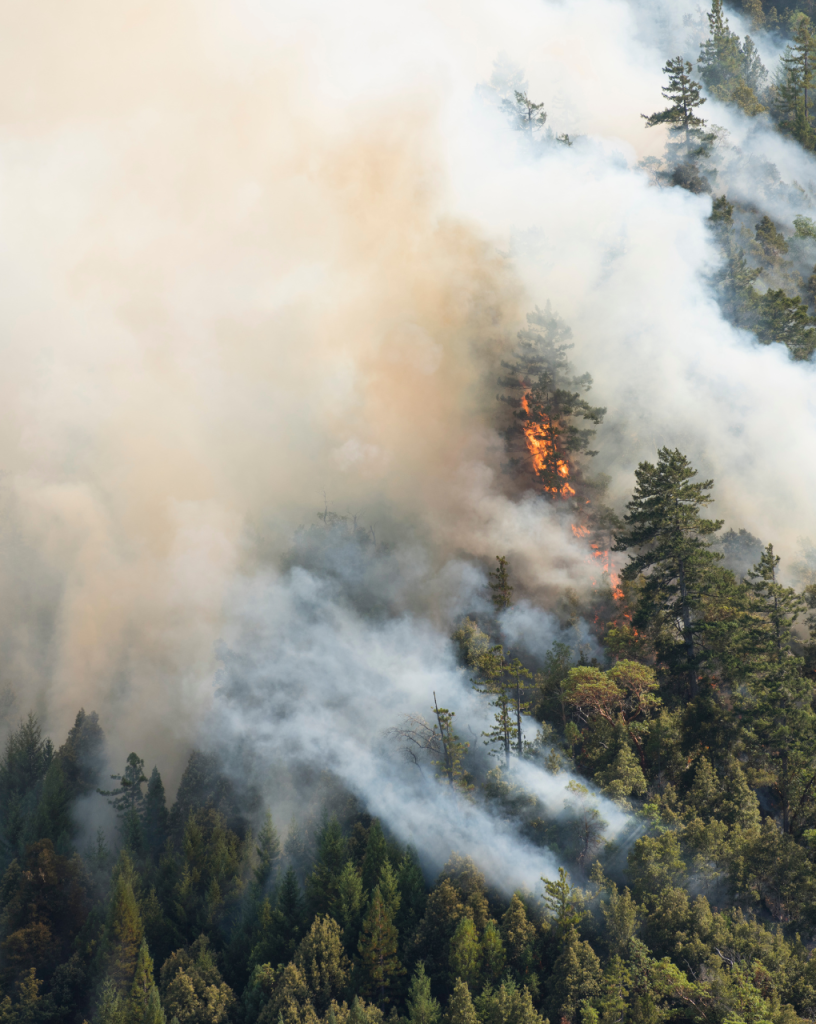- Home
- Health Topics
- Environment
- Health Hazards
Health Hazards

What is a Health Hazard?
The Health Protection and Promotion Act define a health hazard as:
- a condition of a premises;
- a substance, thing, plant or animal other than man, or;
- a solid, liquid, gas or combination of any of them;
- that has or that is likely to have an adverse effect on the health of any person.
On this page
Health Hazards — Drinking Water

In Ontario, there are certain standards that drinking water must meet in order for it to be safe to drink. A reliable municipal water system benefits the community in many ways. The provincial government, through the Ministry of the Environment, Conservation and Parks, regulates these systems to ensure water safety and quality.
The presence of certain contaminants in our water can lead to health issues, including gastrointestinal illness, reproductive problems, and neurological disorders.
Health Hazards — Environment

An environmental hazard is a substance, state or event which has the potential to threaten the surrounding natural environment or adversely affect people’s health,.
It can include any single or combination of toxic chemical, biological, or physical agents in the environment, resulting from human activities or natural processes, that may impact the health of exposed subjects, including pollutants such as heavy metals, pesticides, biological contaminants, toxic waste, industrial and home chemicals.
Health Hazards — Air Quality

The air around us is made up of nitrogen (78%), oxygen (21%) and tiny amounts of other gases. Both natural and human activities release gases that cause an imbalance in the air. These releases of gases are called air pollutants.
Health Hazards — Household

There are several potential environmental health hazards in the home,. Being aware of these potential hazards and knowing how to avoid them are important for staying safe.
